Do you find that you ‘hit the wall’ in the last quarter of your long runs?
You know what it’s like…
One minute you’re running at a good, solid pace
…and then the next you’re basically walking.
It’s not always easy to find a way to fuel for your long runs that suits you and keeps your body feeling energized.
Ask any group of runners what their main source of fuel is and the majority of them will tell you it’s… CARBS.
Following an LCHF diet, as a runner will raise a few eyebrows at your local running club, needless to say, it is possible…
There are different low-carb ways you could be fueling your long runs so that you can finish feeling as strong as you felt when you started!
Let’s have a look at them…
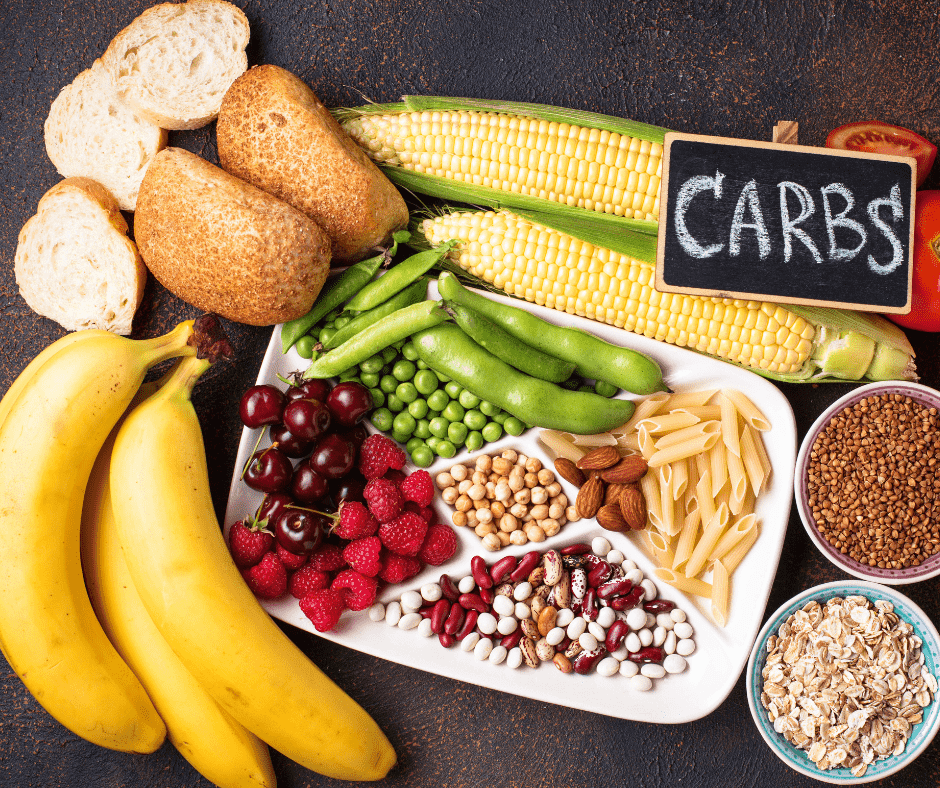
The Ketogenic Route Of Fueling For Long Runs
If you want to go the low-carb route for marathon and ultra-marathon running, it’s possible. But then you’ve really got to fully fat adapt and go fully ketogenic.
People who are following a Keto diet consume 80 percent of their calories from fat, 15 percent from protein, and 5 percent of calories from carbohydrates.
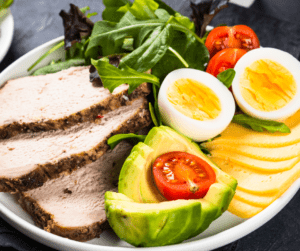
That means having a very low-carb diet, and it means on race day, fueling yourself on products that are non-carb-based things like MCT oils and macadamia nuts.
If you’re going to fully adapt and fat adapt, then you’ve got to commit to it…. It is hard and you’re going to have to work at it… because it is going to take a good few weeks of adaptation before you go ketogenic.
This is what happens to your body on a Keto diet: It no longer has access to fuel from carbohydrates so it goes into a state called ketosis and becomes ketogenic. That means, your body looks for the next best fuel source: fat.
Once you are fully ketogenic then you will be able to go for very long periods of time on very small amounts of much more complex carbohydrates.
The Low-Carb Route Of Fueling For Long Runs (With Some Tweaks Around Timing)
Another alternative is that you can carry on with your low carbohydrate diet, but then you have to understand that you are always going to be running a little bit low on muscle glycogen unless you make some small tweaks and those tweaks are around when you actually fuel.
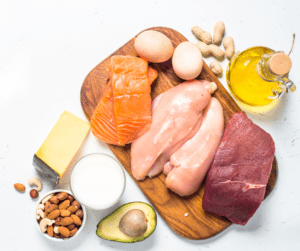
You either need to fuel for exercise, or you need to fuel during exercise.
The one place you have to fuel is immediately after exercise, particularly if you’re going to be on a low-carb diet because that probably means you’re not going to be taking in many carbohydrates outside of that very crucial 30-minute window.
I feel it’s important to give both sides of the coin…
Both Sides Of The Low Carb Coin
In my opinion, you can carry on with the low-carb eating, but what it does mean is that every time you are planning very high-intensity exercise, or exercise that’s lasting longer than 90 minutes, you need to fuel properly during the exercise.
Firstly, that means you need to start carrying the kind of products that you’re going to be using on the side of the road so that you can get used to them.
The second, and probably more important point, is that you need to refuel.
It’s important that you take in a high carbohydrate product 15 to 30 minutes after exercise, you’re aiming for around about 750 ml within the 15 to 30 minutes.
A good approach would be to figure out a strategy of what high-carb food you can tolerate before going for your long run.. It might be toast with honey and slices of banana or oats with honey and nuts and fruit.
Examples Of Good, Pre-Race Low Carb Meals:
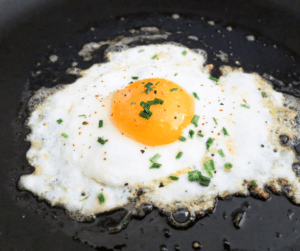
- Eggs
- Cottage cheese
- Tofu
- Bacon
- Ground chicken, turkey, and beef
- Peanut butter & other nut butters
- Smoked salmon or trout
- Greek yogurt
- Edamame
- Nuts & seeds
How to handle pre-race nutrition.
Pros Of Running On A Low Carb Diet
- Improved fat adaptation: Being able to go for long runs that last for hours (fuelled by carbs first, fat second) without getting fatigued.
- Improved sleep and energy levels: According to HealthLine, studies show a ketogenic diet promotes adenosine activity in the body, helping to relax the nervous system, as well as reducing pain and inflammation.
Con’s Of Running On A Low Carb Diet
- Decrease in running performance: Ketosis is good for training your body to be able to go at a comfortable pace for hours without getting fatigued. Carbs are still the best source of fuel.
- No guaranteed endurance benefits: Sports scientists are far from reaching a consensus on the effects of a low-carb diet.
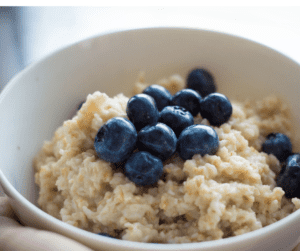
While you may feel great running on low carbs, you will certainly improve your running performance with more carbs. See carbs as “Jet Fuel”.
The point is that you need to consume a higher carbohydrate nutrient-dense meal 30 to two hours before an event and then refuel correctly after the event. With trial and error in your training, you can figure out what timing works best for your body.



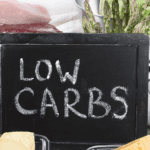
Comments are closed.